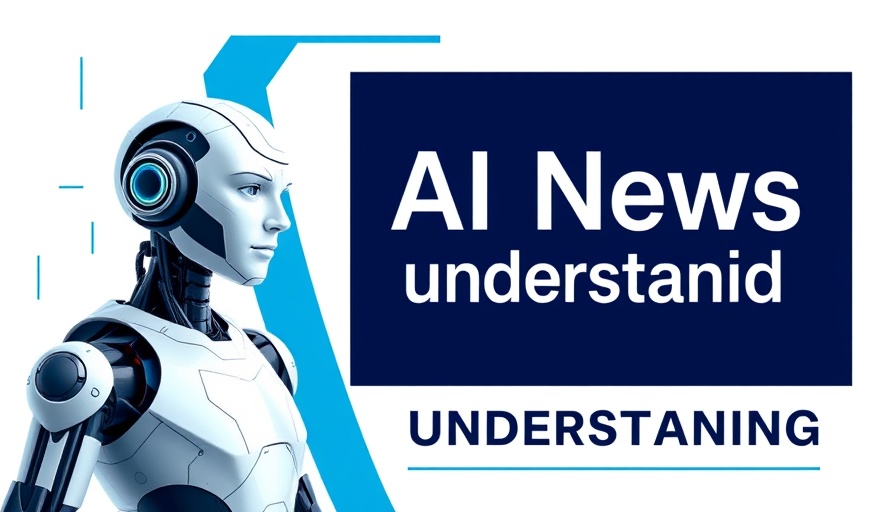
The Alarming Impact of AI on Entry-Level Jobs
Artificial Intelligence (AI) is rapidly reshaping the job landscape, especially for new graduates entering the tech industry. A recent report from VC firm SignalFire reveals that job openings for recent graduates at 15 of the largest tech companies have dropped by more than 50% since 2019. This stark decline reflects a larger trend where new graduates, once comprising 15% of Big Tech hires, now only account for 7%. Such shifts not only threaten immediate employment opportunities for fresh talent but also jeopardize the future leadership pipeline of these companies.
Why Are Entry-Level Positions Disappearing?
Companies have increasingly turned to AI to automate essential tasks that were traditionally the domain of junior employees. Tasks such as data cleaning, summarization, and basic quality assurance can now be handled more efficiently and at a lower cost by AI systems. This automation provides a compelling incentive for firms to cut back on early-career hiring, believing they can save on training and salary costs.
The Real-Life Challenges of Job Searching
The story of Kenneth Kang, a computer science graduate, embodies the struggles many are facing in today’s job market. Despite achieving a nearly perfect GPA and obtaining impressive internship experience, he sent over 2,500 applications and managed just 10 interviews, landing a position only after significant persistence. His experience highlights the increasingly competitive nature of job searching and the growing expectations that candidates bear essential skills before being hired.
The Intern Dilemma: Fewer Offers and Opportunities
Internships, often viewed as the gateway to full-time roles, are also witnessing a troubling trend. According to the National Association of Colleges and Employers, the conversion rate of internships to full-time offers is at a five-year low. Only 62% of interns received full-time positions in the 2023–24 cycle, severely limiting opportunities for young professionals accessing the job market.
Short-Term Savings at What Cost?
Even as companies enjoy short-term financial benefits through reduced entry-level hiring, experts warn of the long-term consequences. Tristan L. Botelho, an associate professor at Yale School of Management, concludes that neglecting entry-level positions may harm the organization’s evolving leadership, leaving a skills gap and resulting in a future talent shortage. The adverse effects of such cutting practices could leave companies struggling to nurture their next generation of leaders.
Conclusion: Reassessing Leadership and Talent Development
As AI continues to transform the job landscape, it’s crucial for companies to reassess their hiring strategies. A balanced approach that acknowledges the importance of introducing new talent into the workforce while embracing technological advancements can uphold both immediate operational efficiency and long-term organizational health. It’s imperative for companies to invest in nurturing future leaders rather than exhaustively seeking immediate cost savings.
For anyone feeling apprehensive about the changing job market, remember that adapting to new roles and skills can open alternative pathways to success. Explore options, such as utilising tools like Prompt2Human to enhance your job search strategies and ensure you stand out in the ever-evolving tech landscape.
 Add Row
Add Row  Add
Add 




Write A Comment